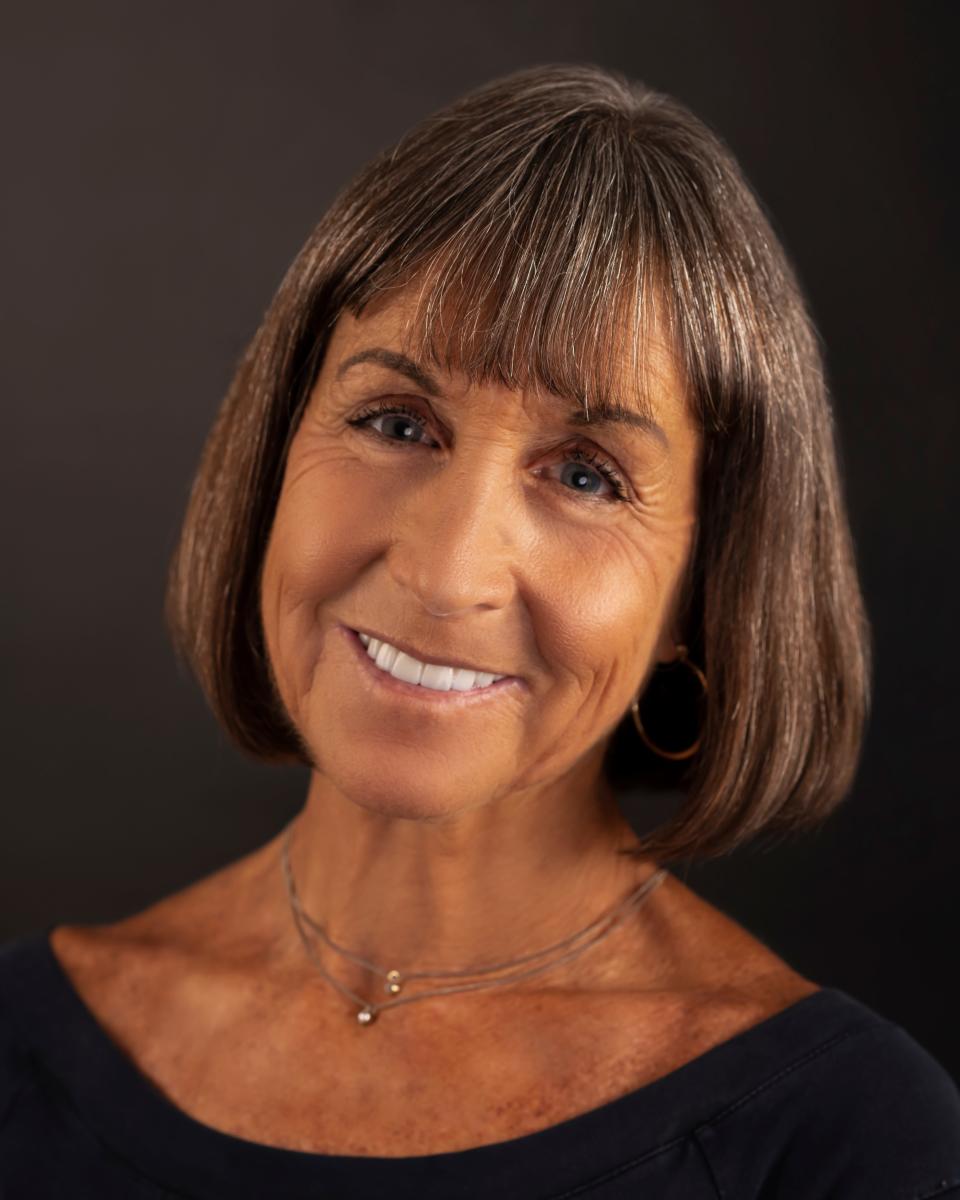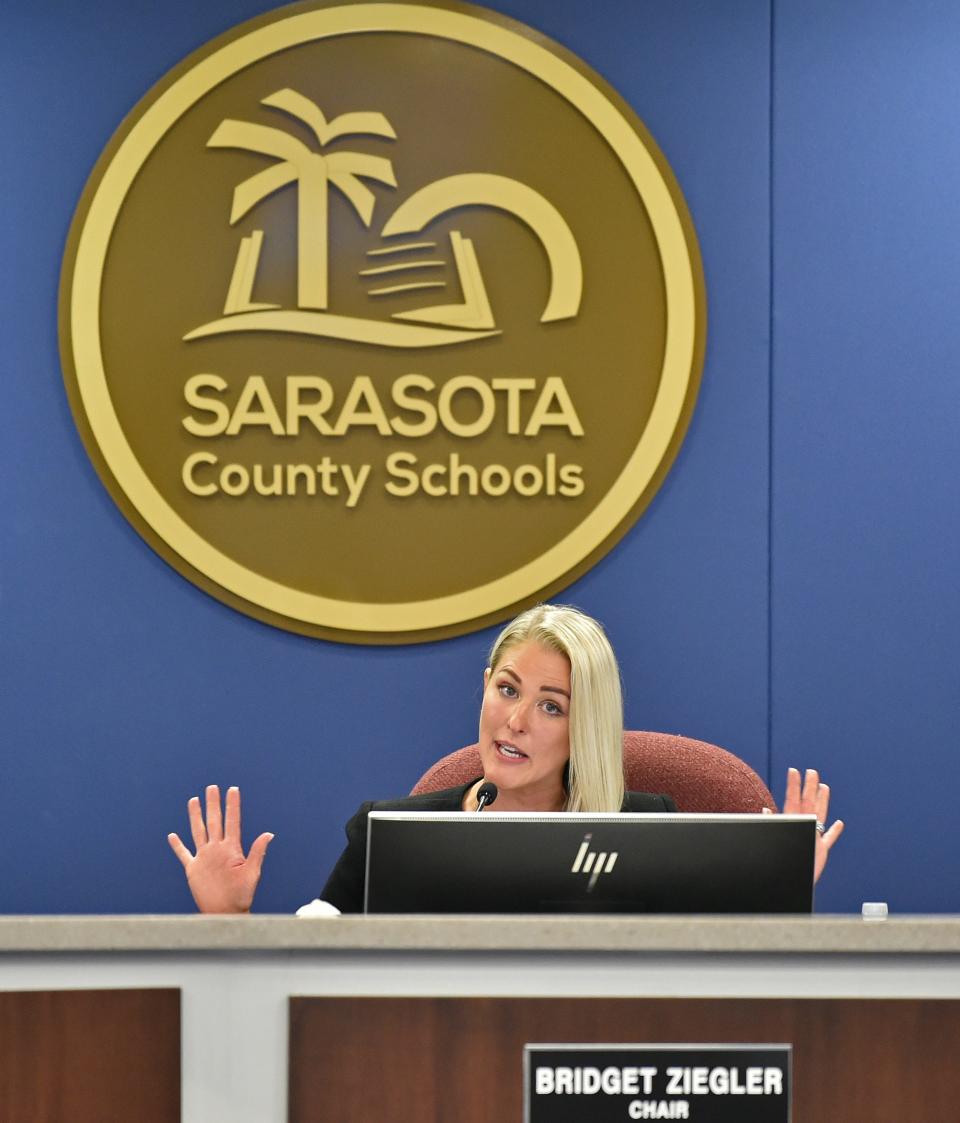SEIDMAN SAYS: The senseless war on social and emotional learning
Of all the fixations of the parental rights’ movement, the one I struggle hardest to understand is the vilification of social and emotional learning (SEL).
SEL incorporates within a school curriculum method to increase a student’s capacity for self-awareness, self-management, responsible decision-making, healthy relationships and social awareness. It aims to help children manage their emotions, build relationships with others and become more responsible, empathetic and collaborative peers.

Many teachers within the Sarasota County district believe such skills are essential not only to promoting students’ mental well-being and reducing classroom behavioral issues, but for instilling the interpersonal and communication skills that will help students be successful, now and for years to come.
They aren’t the only ones. In 2022 Forbes magazine consulted its panel of experts (many of them CEOs) to determine the top qualities employers are looking for. The resulting list looked an awful lot like SEL goals. No. 1 was “empathetic listening,” No. 2 was the “agility, flexibility and adaptability” to be able to work well with others. No.3 was communication and No. 4 was “emotional intelligence,” which includes “self- and social awareness, assertiveness, social responsibility and empathy.”
Yet parental rights groups have equated SEL -- one of the few proactive and preventative measures shown to boost students’ mental well-being and peer cooperation -- with indoctrination and insist it has no place in the classroom.
At a recent Sarasota School Board meeting – during which board members, in a 4-1 vote, gave preliminary approval to a budget that included about $57 million “to enhance social and emotional learning” – board chair and Moms for Liberty founder Bridget Ziegler (who has previously called SEL “a complete distraction”) suggested it wasn’t in compliance with new state laws limiting discussion of race, diversity, sexuality and gender. (This despite board attorney Patrick Duggan’s assurance that it was.)
During public comment, several speakers also railed against SEL, with one suggesting it was a wolf in sheep’s clothing. “You can call it whatever you want to,” said Julie Barrett, a recent Sarasota resident. “Call it ‘resiliency,’ you can call it ‘life skills,’ you can call it whatever you want, but it is still social-emotional learning and it takes away from the education process.”

At the most extreme end, Moms for Liberty has made SEL and “mental health” synonymous – and suggested they are equally objectionable. In response to President Joe Biden’s recent announcement of a new strategy to add more mental health providers in schools, one Moms for Liberty chapter tweeted: “Mental health care is health care, Mr. President. That’s why it has NO place in public schools.”
More: SEIDMAN SAYS: Building a stronger Sarasota County will require more than money
As the parent of a child with mental health challenges; a founding member of SRQ Strong, a proponent of trauma-informed practices; and a longtime mental health advocate, I found this backlash not only confounding but astonishingly ignorant. To try to better understand where it was coming from, I downloaded a copy of the Moms for Liberty “Social and Emotional Learning Guide for Parents,” which is subtitled “Don’t Be Fooled By the Title."
After acknowledging that SEL principles “sound like skills most people want children to acquire such as managing emotions, achieving goals, making responsible decisions, and applying knowledge,” the handbook goes on to assert – without any supporting evidence or proof – that “the deceit is in the delivery.”
It then leaps to the conclusion that SEL is a “brainwashing program” designed to “create agents of social change” who will “dismantle” America in favor of a “collectivist (Marxist)” society.”
How did we get from a program aimed at protecting children’s mental health to one that creates radicalized socialists?
Fear.
All parents have experienced that fervent desire to protect our children from whatever we perceive may harm them. The compulsion to tightly control everything a child is exposed to is what’s behind these objections to SEL, as well as the efforts to ban books, curate Black history and invalidate the LGBTQ community.
But a child is as fragile as a baby bird in the hand. The tighter you squeeze, the more likely it will be crushed in body and spirit, or desperately break free to fly away. Most parents of grown children will attest to the aptness of this metaphor.
Our job as parents is to lay the groundwork for our children to become emotionally and socially well-adjusted young adults who will make good choices on their own. Since poor mental health crosses all boundaries – school, work, family – and is often the biggest impediment to success, whether in academia, careers or personal relationships, strengthening children’s coping and cooperation skills should be as much a part of that foundation as book-learning.
Without question literacy is an essential life skill and a top academic priority. But a student who is suffering from social and emotional angst is simply less able to focus on and absorb academic instruction. If children are feeling anxious or stressed or angry or hurt or otherwise emotionally wrought, it accompanies them into the classroom, where it will affect not only their own ability to focus on “reading, ‘riting and ‘rithmatic,” but the abilities of those around them.
It’s not a matter of one being more valuable then or exclusive of the other; it’s a matter of needing both to obtain optimal results. At the risk of bringing on the wrath of those who would relegate care of our children’s mental health to secondary status, I’d counter that our mental well-being, more than any other factor, determines our ability to lead productive, fulfilling and contributive lives.
There actually are more important things in life than a Ph. D., a fancy job title or a six-figure salary – like a child’s health, happiness and well–being. Cultivating that is what SEL is all about.
Contact columnist Carrie Seidman at carrie.seidman@gmail.com or 505-238-0392.
This article originally appeared on Sarasota Herald-Tribune: Opposing social and emotional learning is an act of fear and ignorance

